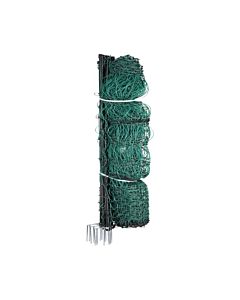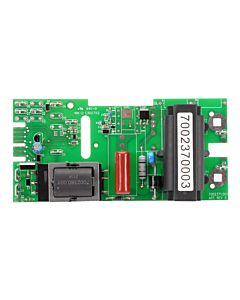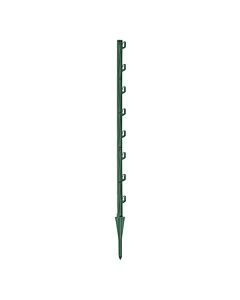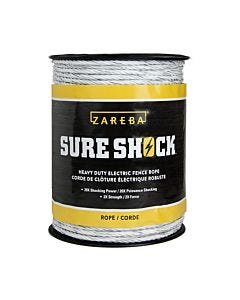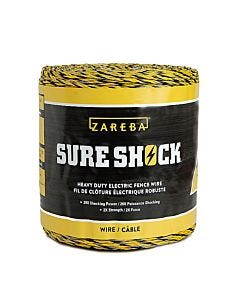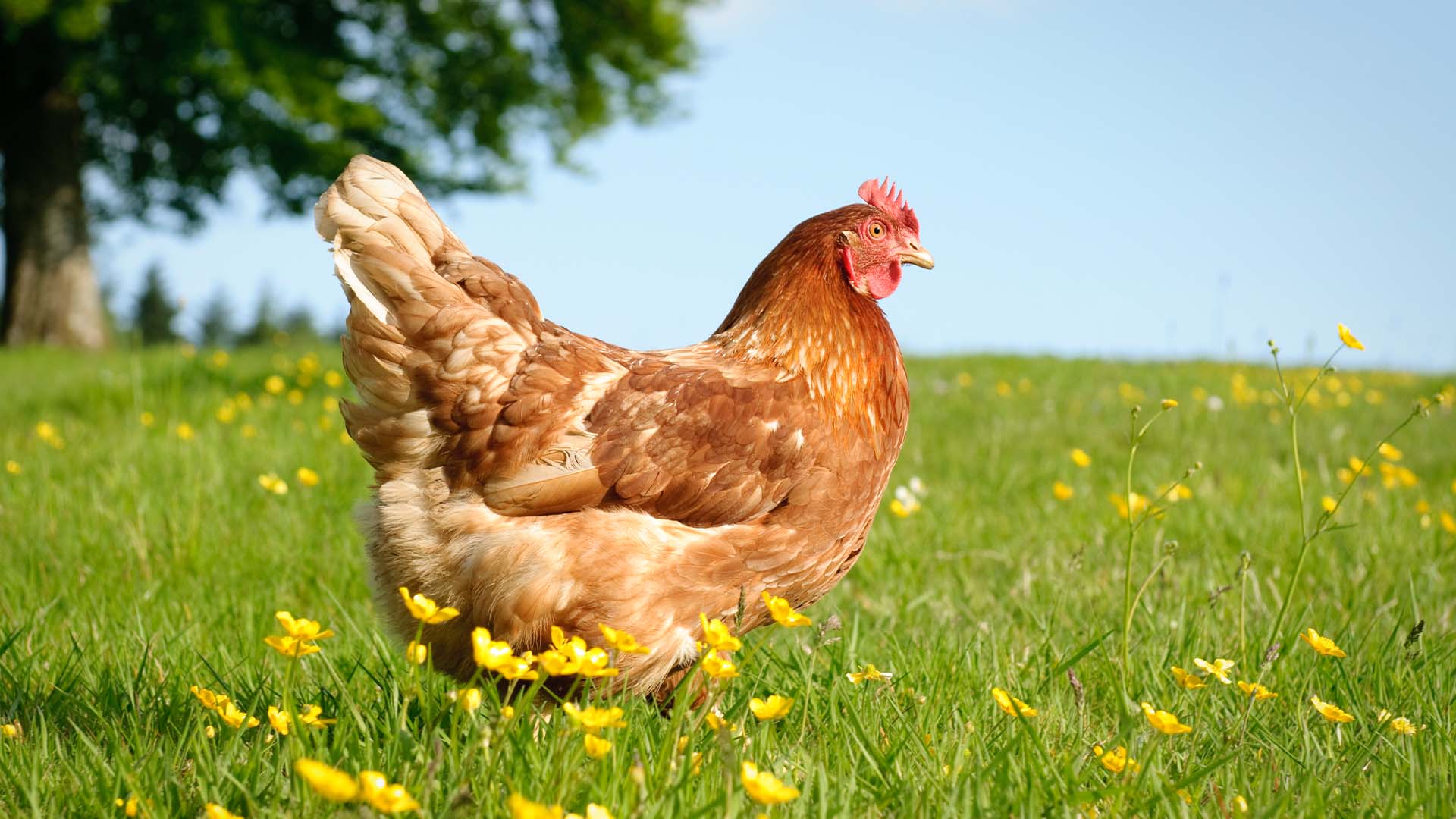
If you own horses, chances are that you’ve probably heard of Eastern Equine Encephalitis, or EEE. Transmitted by mosquitoes that carry the equine encephalitis virus, this sickness can cause severe inflammation of the brain in horses (and in rarer cases, humans) and could potentially lead to death. What exactly is Eastern Equine Encephalitis? And how can you prevent this disease? Learn the signs and symptoms, prevention techniques, and everything else you need to know about this deadly mosquito-transmitted disease.
Equine Encephalitis: The Deadly Mosquito-Carrying Disease
Equine encephalitis is a viral disease that causes inflammation of the brain. There are three types of this virus: Eastern equine encephalitis (EEE) which is mostly found in the Eastern United States and Canada, western equine encephalitis (WEE) that has been isolated from Argentina to Western Canada and in the U.S. States west of the Mississippi River, and Venezuelan equine encephalitis (VEE) that is primarily found in Central and South America – although it has been found in Mexico and Southern parts of the United States. All these diseases are spread through the bite of an infected mosquito. Keep in mind that all different types of mosquitoes can spread different variants of these diseases.
Although this disease is rare, EEE is the most common to occur in the United States. It is spread by the mosquito Culiseta melanura and mainly affects equine species like horses, mules, donkeys, and zebras. However, other animals such as pigs, llamas, bats, reptiles, amphibians, rodents, and some birds can contract this disease. People CAN become infected after being bitten by an infected mosquito, but the disease isn’t transmitted from animal to human or human to human.
The Signs and Symptoms of Equine Encephalitis
Viral encephalitis viruses affect the nervous system, so there are specific symptoms and signs that you should be on the lookout for. EEE is diagnosed through bloodwork, but the animal infected could show signs of the disease with fevers, depression, and changes of behavior. Other signs include:
- Impaired vision
- Muscle twitching
- Circling or head-pressing behaviors
- Inability to swallow
- Lethargy
- Trouble walking and standing
- Weakness
- Paralysis
- Convulsions
Horses infected with EEE often have a low chance of survival – which is why prevention is key. If you start noticing any of these symptoms in horses, you should immediately call your vet. People who become infected with this disease often experience different symptoms depending on the type of virus that was transmitted. Signs of this virus in humans are:
- Sudden fever
- Chills and body aches
- Headache
- Disorientation
- Vomiting
- Tremors or seizures
- Paralysis
If not treated right away, permanent brain damage or death can occur. If you notice any of these symptoms, call your doctor immediately.
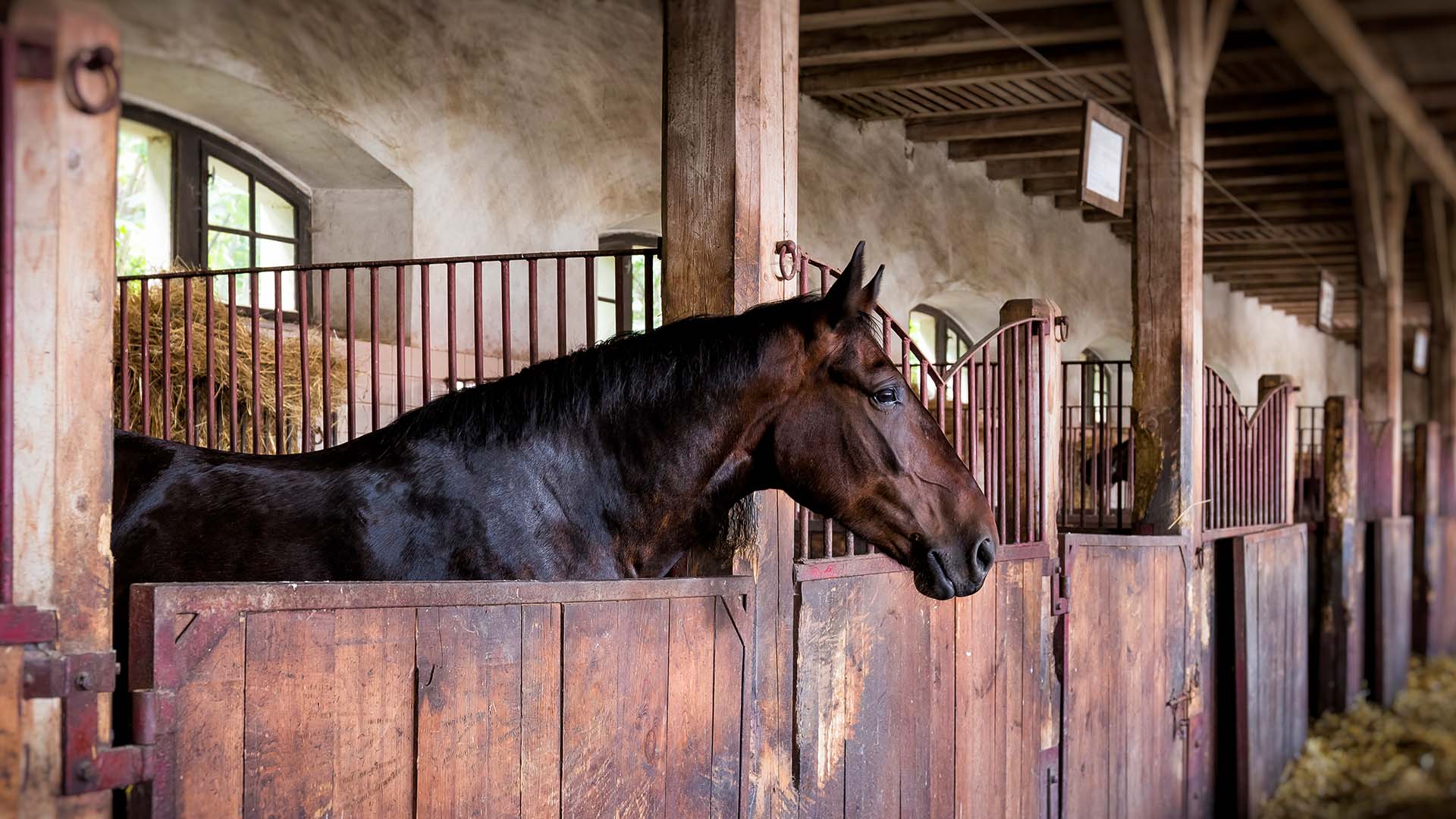
Preventing Equine Encephalitis Virus
Prevention is key when it comes to keeping your horses safe and healthy. There are vaccines available to horses for each type of Equine Encephalitis virus. Vets recommended that horses get vaccines annually while the vaccine booster may be encouraged when outbreaks occur or when warm climates have year-round mosquito activity. Because the carriers of this disease are mosquitoes, taking steps to prevent and protect your animals from these pests to minimize the exposure and possibility of the disease are important.
The following preventative measures can help you keep your horses safe (along with vaccinating them):
- Eliminate mosquito attractants from your property or barn like trash, debris, etc.
- Remove standing water from the yard and remove things that collect water
- Take care of your lawn by mowing and landscaping
- Purchase mosquito-prevention technology
- Applying repellent sprays
- Place a fan in your barn to deter mosquitoes from flying in
- Keep horses in at night or when mosquito activity is high at dusk or dawn
Keeping Your Horses Safe
Making sure that your horses stay safe and healthy can seem like a daunting task. Don’t worry, Zareba® is here to help! Now that you’ve got tips on keeping your horse healthy, keep them contained on your property and protected from any predators with an electric fencing system. Learn about electric fencing for horses at our learning center! Connect with us on our Facebook page to check out our community and see what others are up to when it comes to keeping their horses safe. Plus, sign up for our E-Newsletter for emails containing exclusive info about deals, products, and more!

